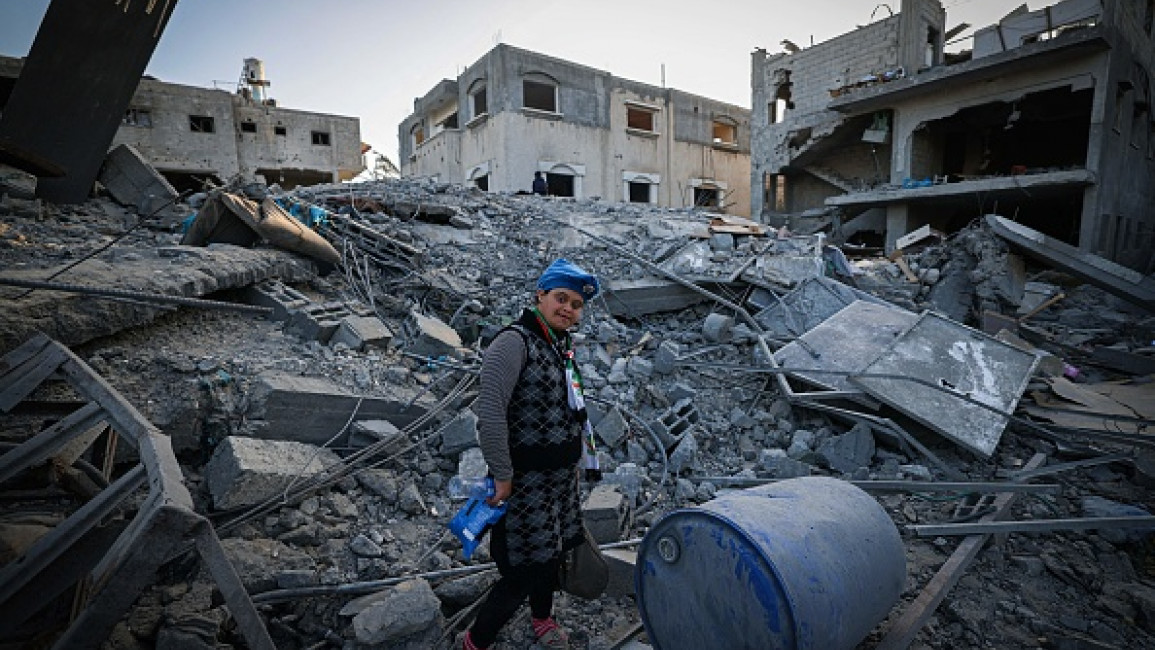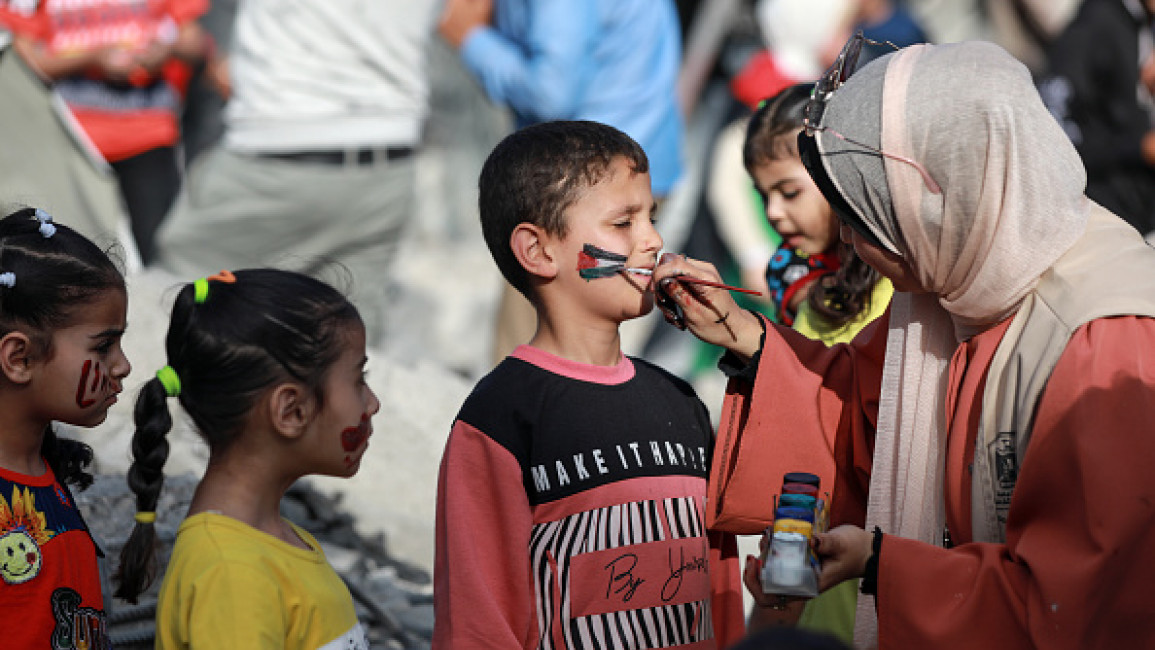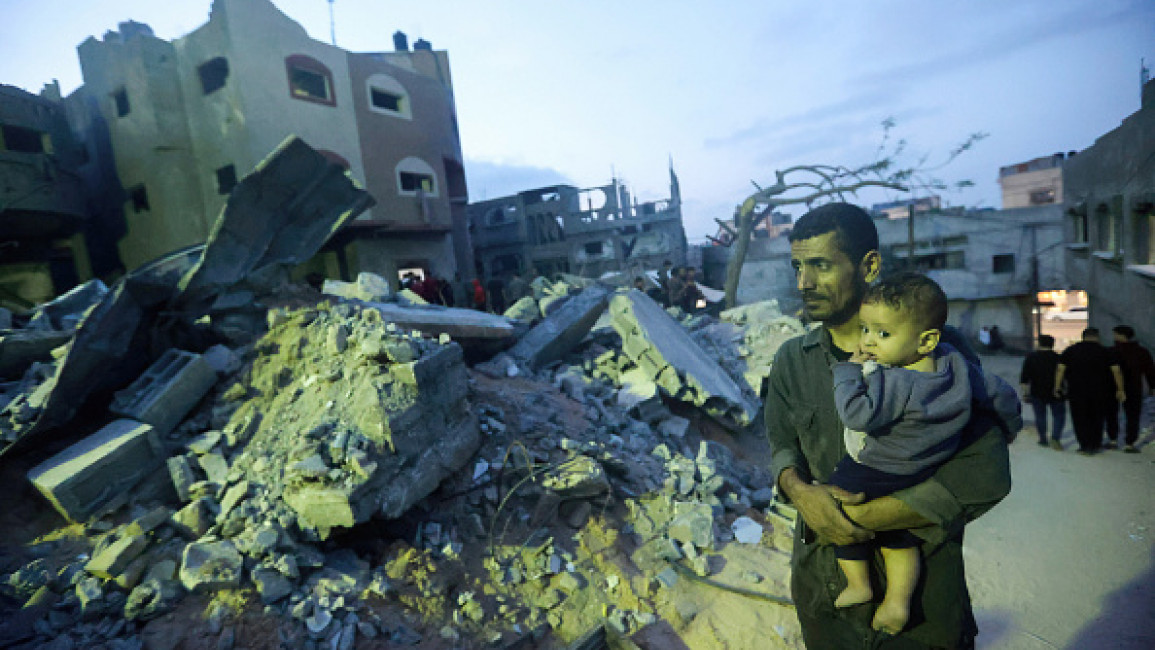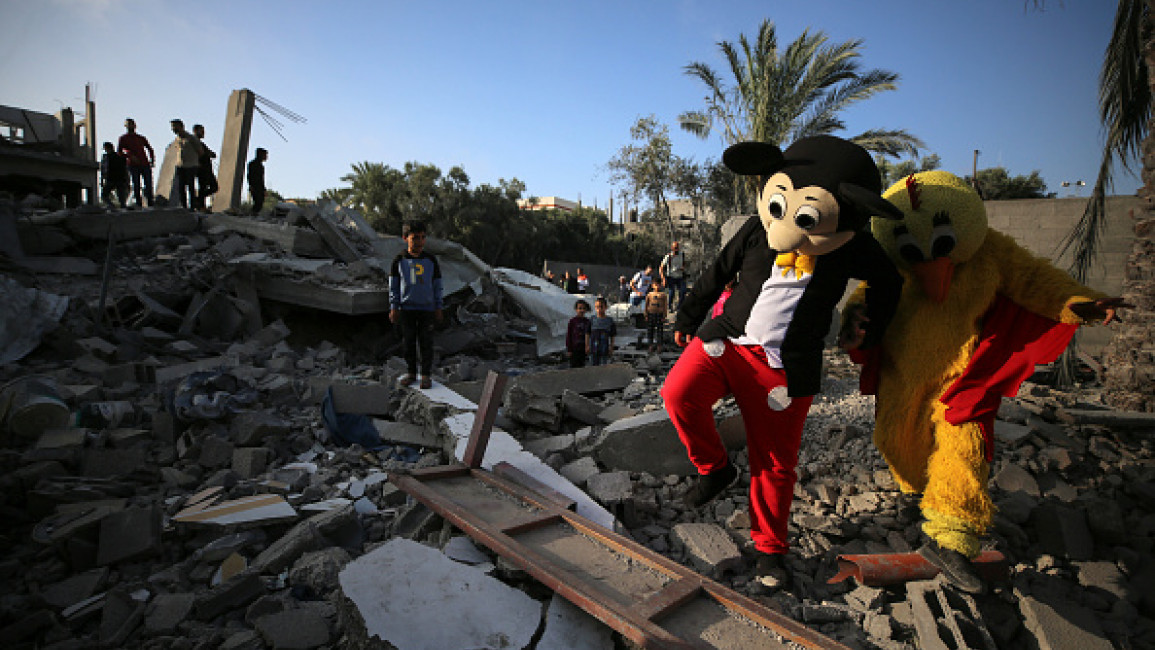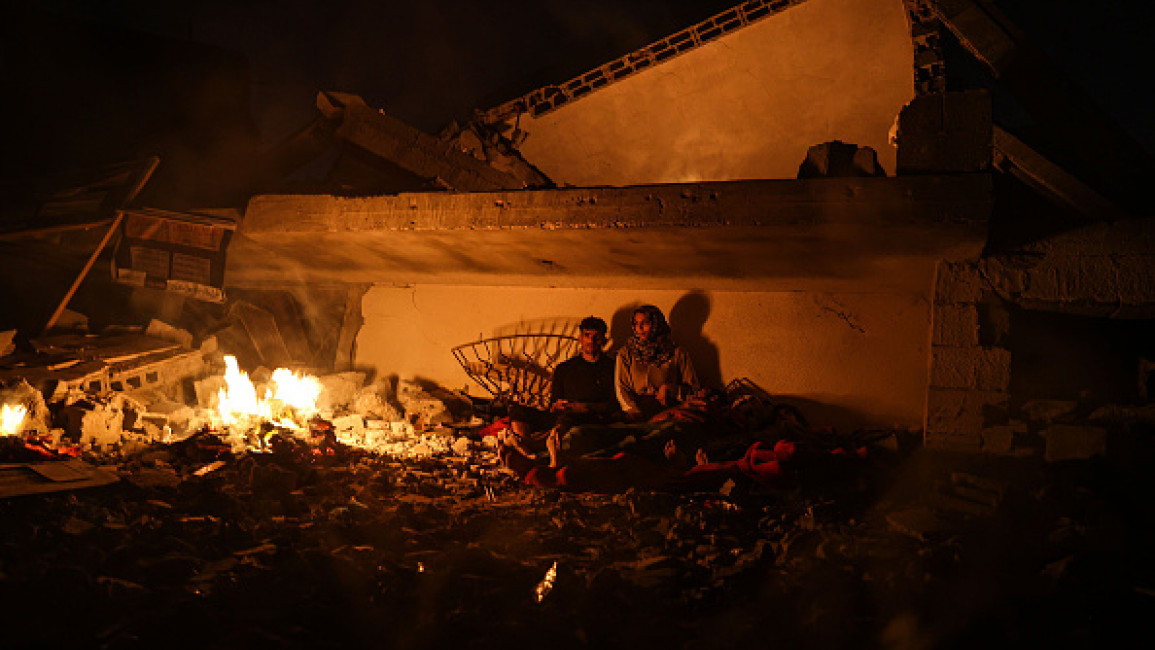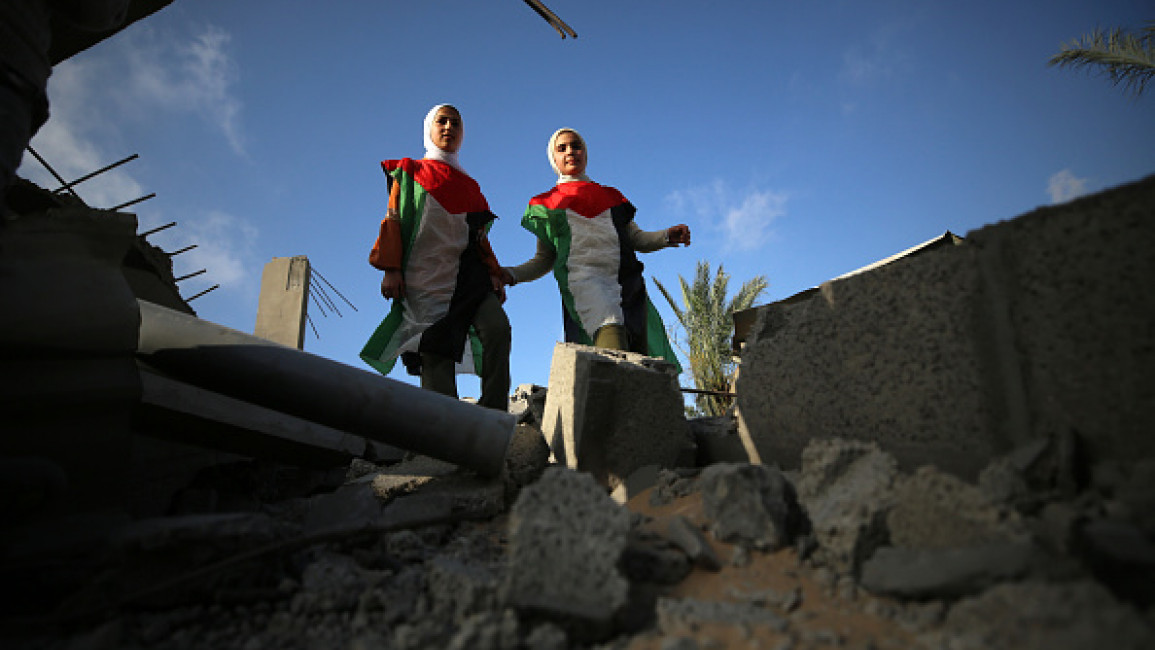Quiet gradually returns to Gaza after attack by Israel to mark 75th Nakba day
Palestinians in the besieged coastal enclave of the Gaza Strip gradually returned to their "normal life" after a five-day conflict between the Palestinian Islamic Jihad (PIJ) and the Israeli army which left at least 34 Palestinians killed, mainly women and children, and more than 100 wounded.
Under the Egyptian-brokered, both Palestinians in Gaza, and Israel announced a ceasefire agreement to end the bloody attack on Gaza, which also destroyed and damaged dozens of residential buildings.
Since the ceasefire has been announced three days ago, markets, governmental and nongovernment institutions and public transportation resumed their services as thousands of Palestinians in the occupied West Bank and Gaza Strip marked the 75th anniversary of the Nakba, or the day of "catastrophe" on Monday with large-scale rallies and demonstrations.
The Nakba Day is observed annually on May 15 by Palestinians to remember the expulsion of hundreds of thousands of Palestinians from their homes by Zionist armed groups during the establishment of Israel in 1948.
Speaking to The New Arab, residents in Gaza described the situation in the territory, home to more than 2.3 million people, as an ongoing catastrophe caused by Israeli "aggression."
"We were forced to leave our house as we were afraid of [Israel] attacking our house," Samia Nabhan, a woman from Beit Lahia in the north of Gaza, remarked to TNA.
"We did not have any guarantees that the Israeli occupation will not attack us or anyone from our family," she added. "From year to year, we have to experience pain and disaster."
"We do not like to involve in military tensions with the Israelis, but they insist on killing and displacing us all the time. They do not want us to live in security and peace," she further said.
During the five-day Israeli aggression, the Israeli army completely destroyed the house of the 40-member Najah family, which consisted of eight apartments on four floors, and caused damage to neighbouring homes.
"They destroyed our lives, not just our home," the 42-year-old mother of six said to TNA. "We don't know what to do or how to care for those with disabilities."
"I have daughters who suffer from health problems in walking and others suffer from epilepsy (...) We lost medicines under the rubble after the Israeli army asked us to evacuate the house as soon as possible," she added. "We are looking for medical supplies under the rubble because they are not available in the Gaza Strip. With great difficulty, we can bring them into the Strip from time to time."
Najah stressed that "the real suffering has just begun, everyone will live in their homes safely, but we are now homeless."
"Currently, we live in our relatives' homes, but it will not be long, and we will have to rent another house that includes this large number, which means that we will be involved in a new battle against poverty and helplessness," she said.
Najah's family house was among 35 other residential units that were completely destroyed, and a total of 51 housing units, in addition to 940 housing units, were damaged, of which 49 were uninhabitable, according to Salama Ma'rouf, head of the press office of the Hamas-run government that rules the Gaza Strip.
Ma'rouf warned that the humanitarian situation will get worst because of Israel's persistent violations against the people in Gaza.
Meanwhile, in Gaza, dozens of Palestinians took to the streets, marching through the main streets, hoisting up Palestinian flags and displaying banners emphasising the right of return.
The demonstration culminated at the headquarters of the United Nations Special Coordinator for the Middle East Peace Process in the western part of the city.
Imad al-Agha, an official from Palestinian President Mahmoud Abbas's Fatah Movement, addressed the gathering and affirmed Palestinians' commitment to their right to return to "historic Palestine".
"Our people await the awakening of global conscience to resolve their legal question, which has become the oldest and largest issue known to the world and the United Nations," he said.
Hamas, the Islamic movement in control of the besieged Palestinian enclave, said in a statement that the Nakba day came "in the wake of a recent round of conflict where our Palestinian people, united with their resistance in Gaza, proved that they are capable of defending their national rights."
